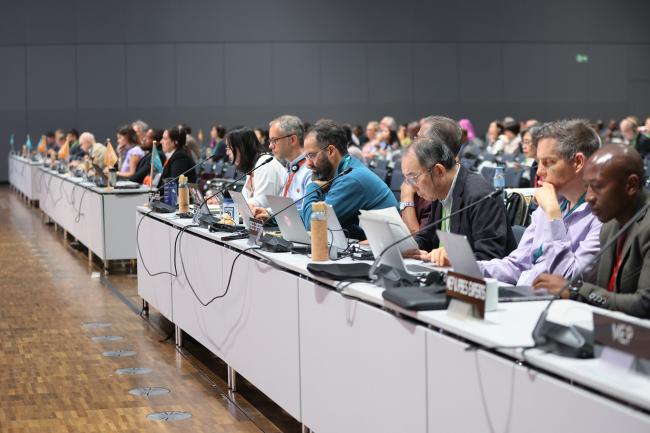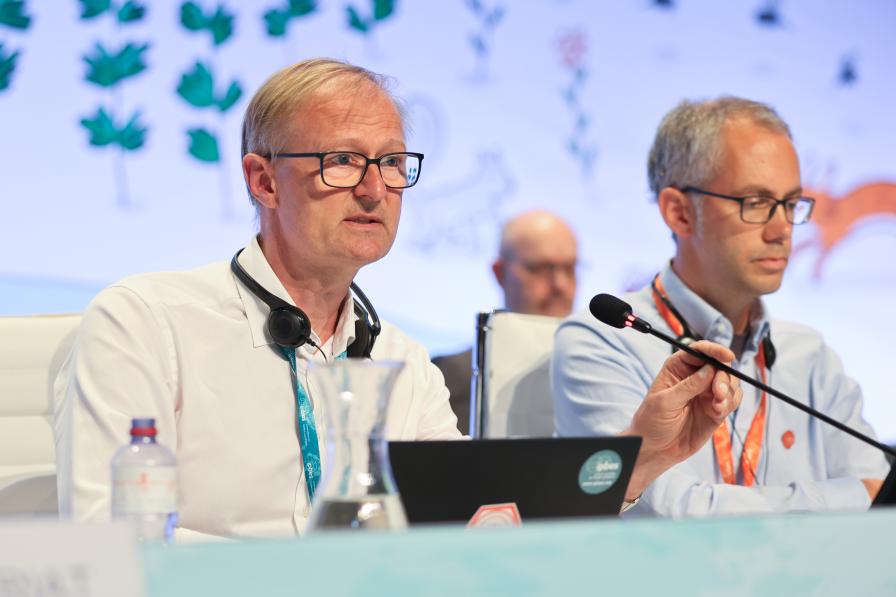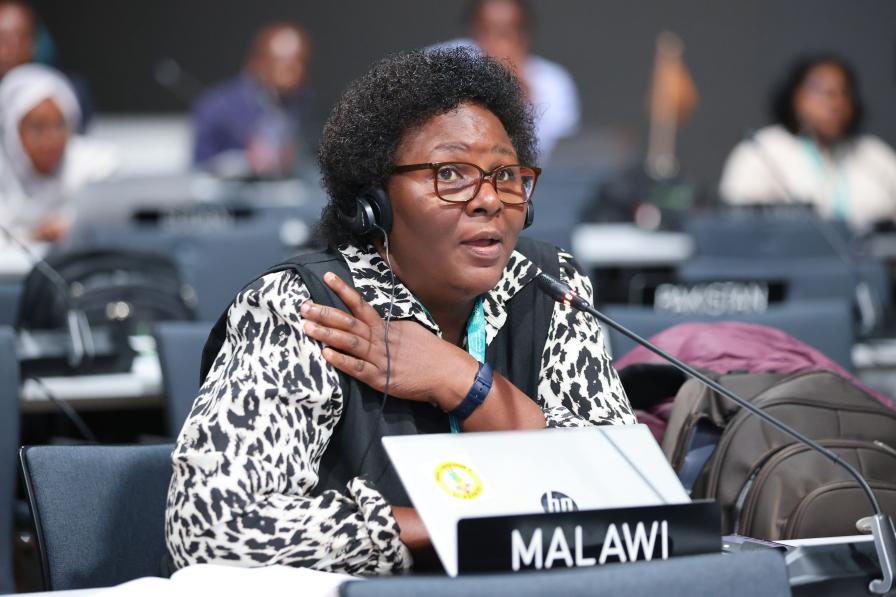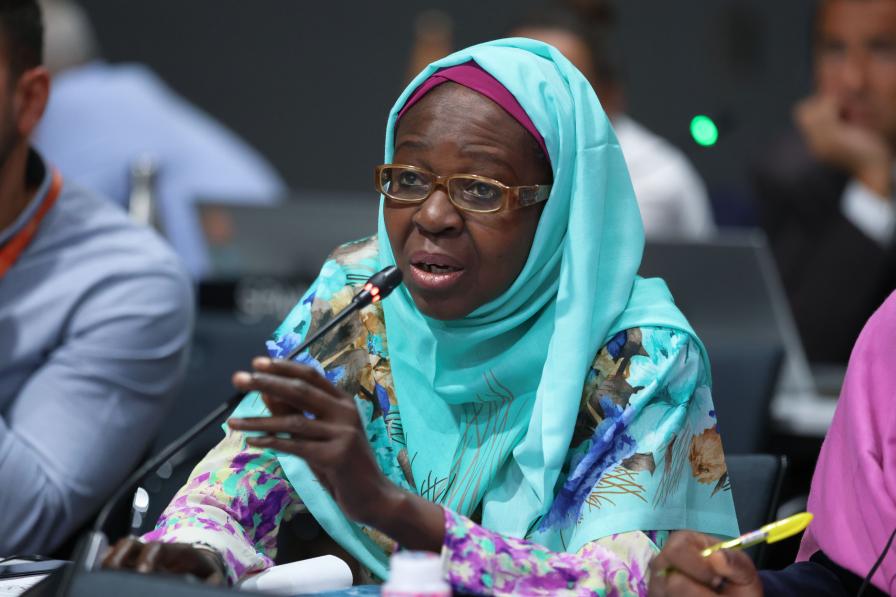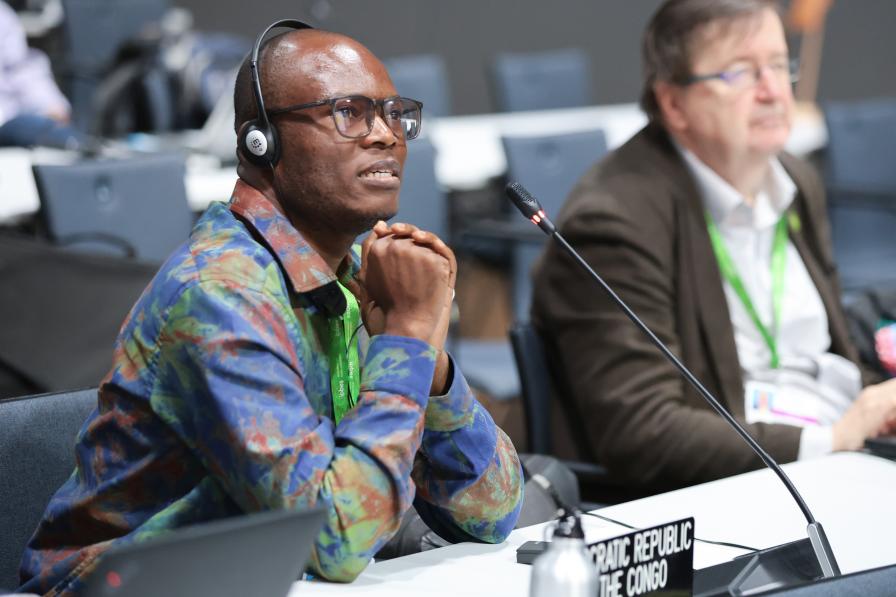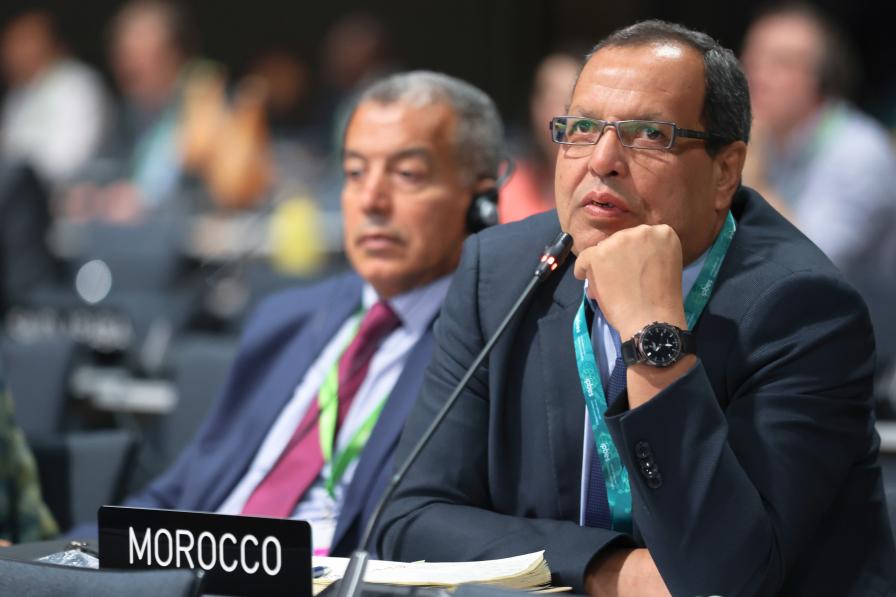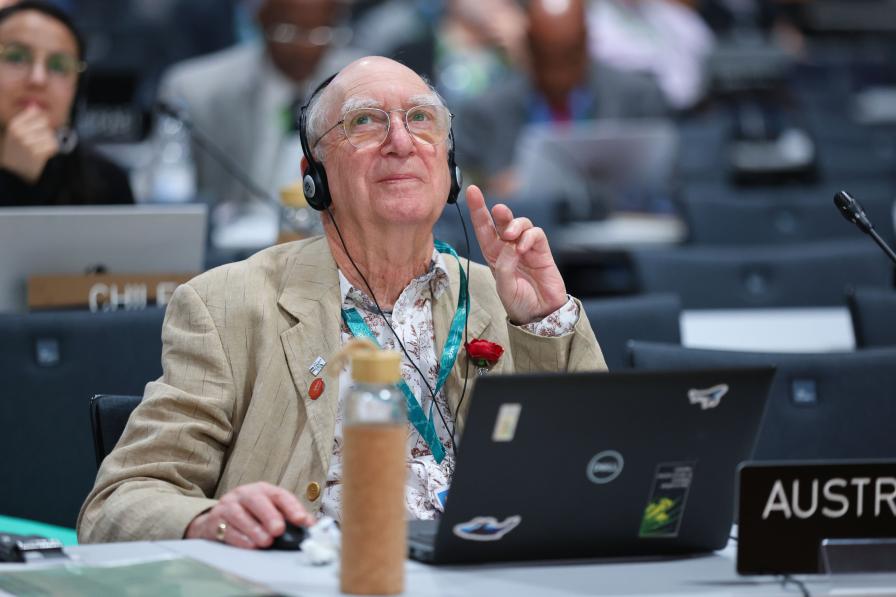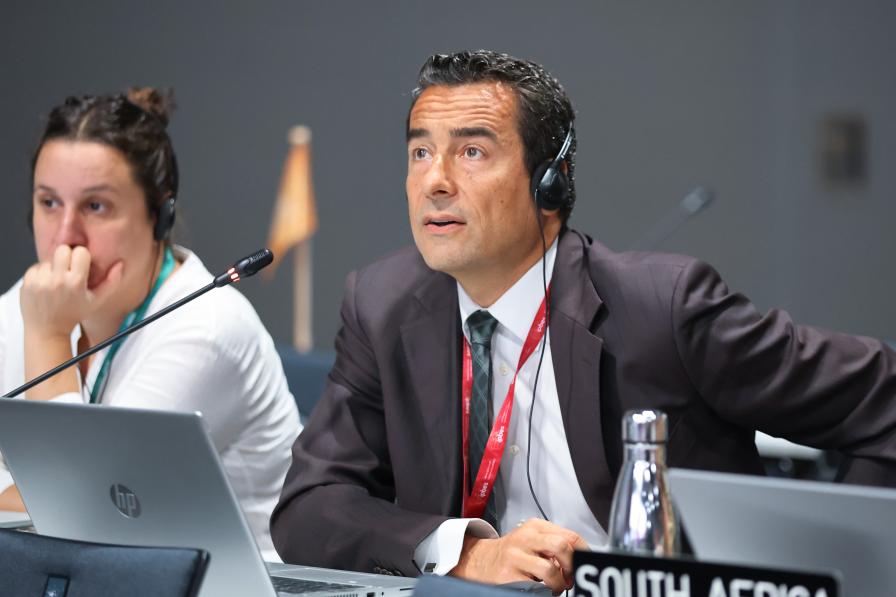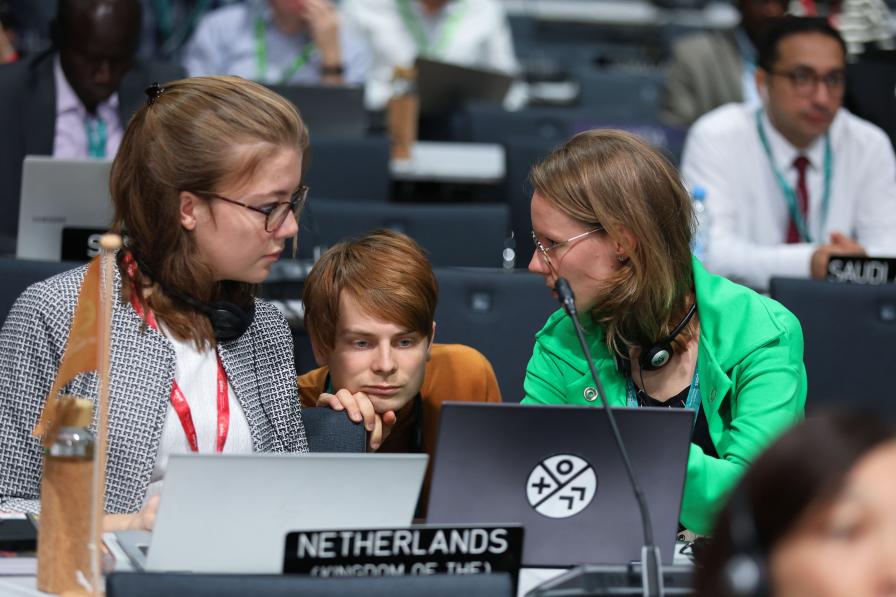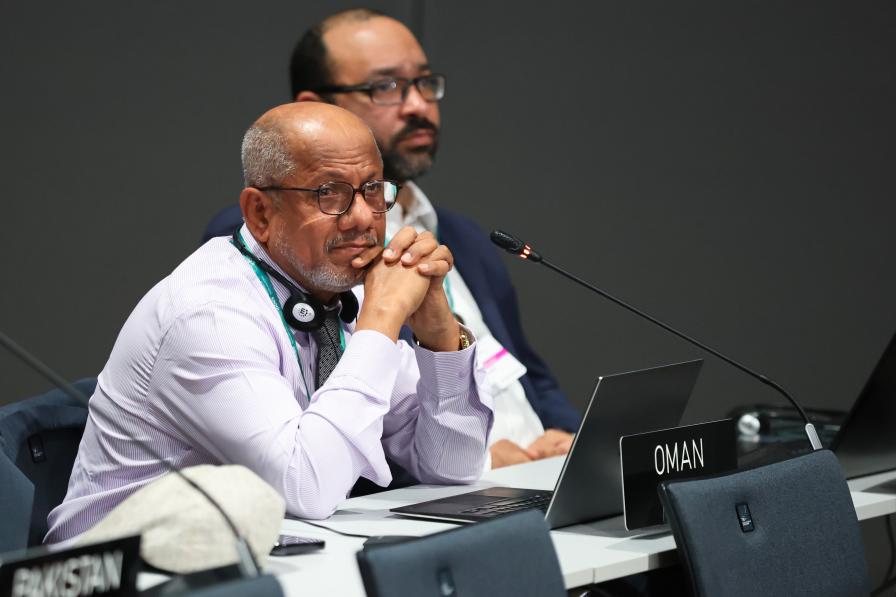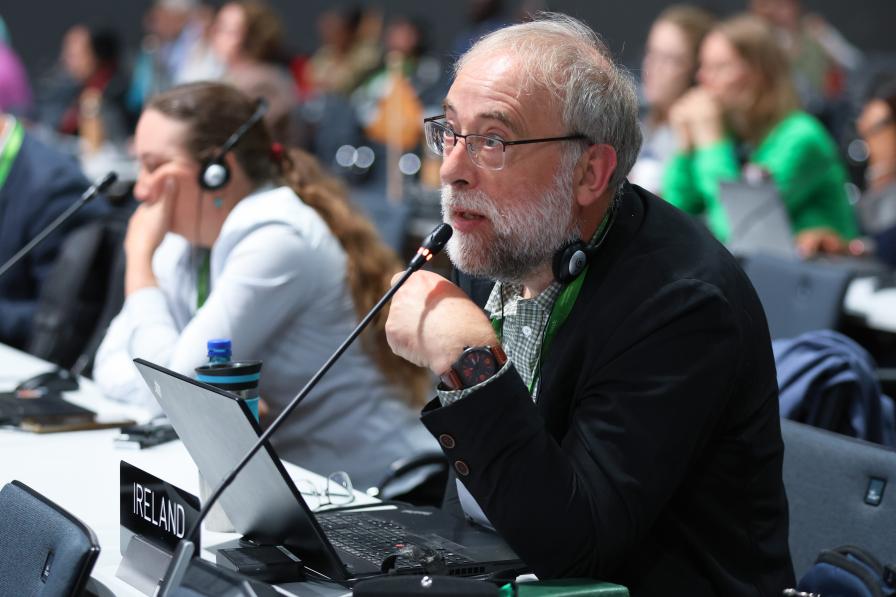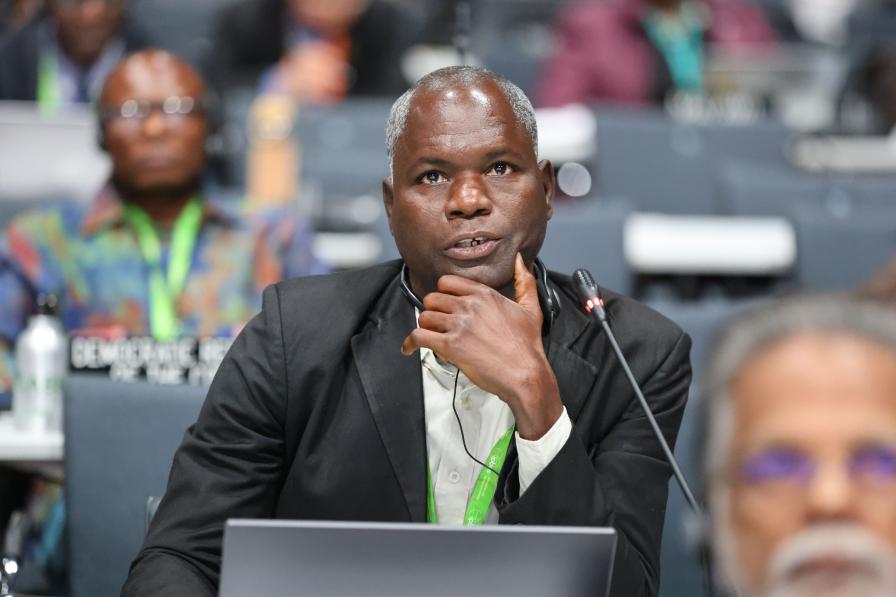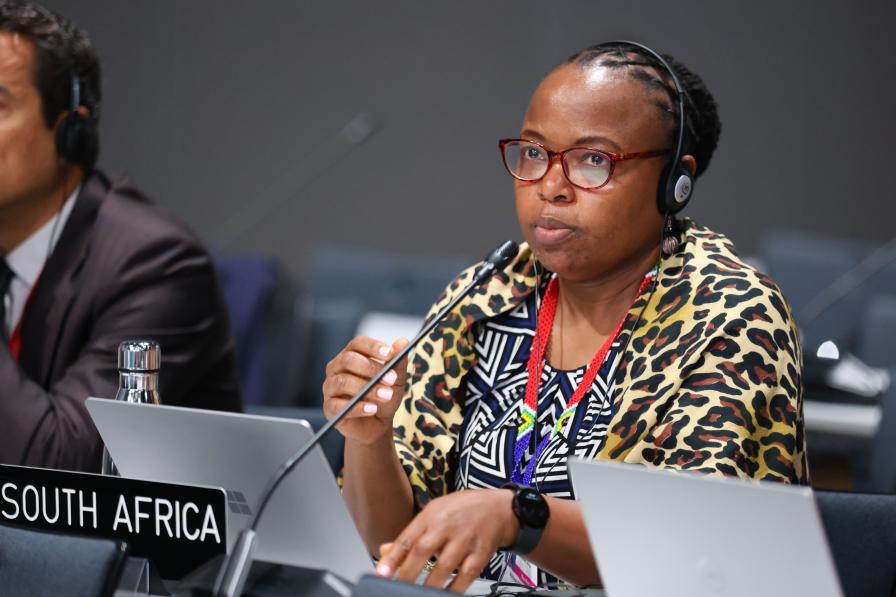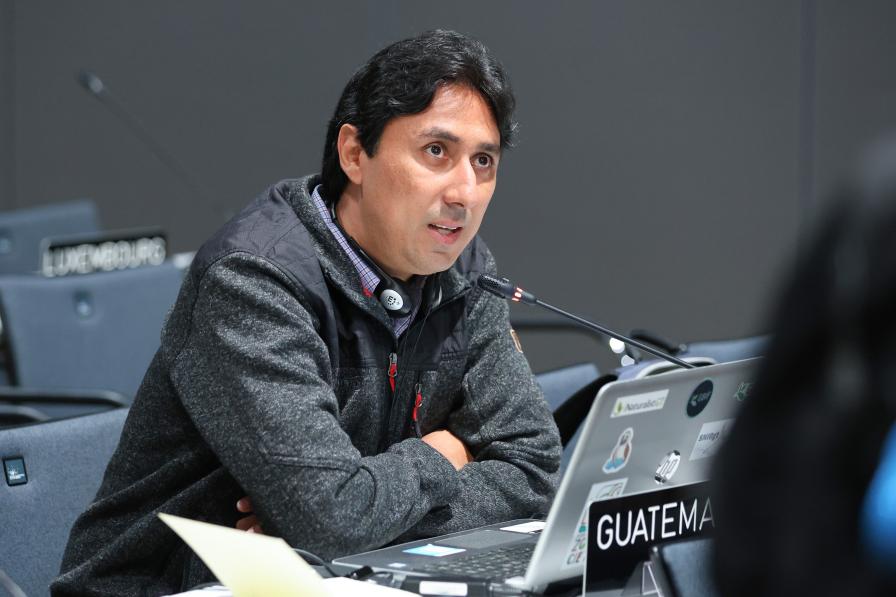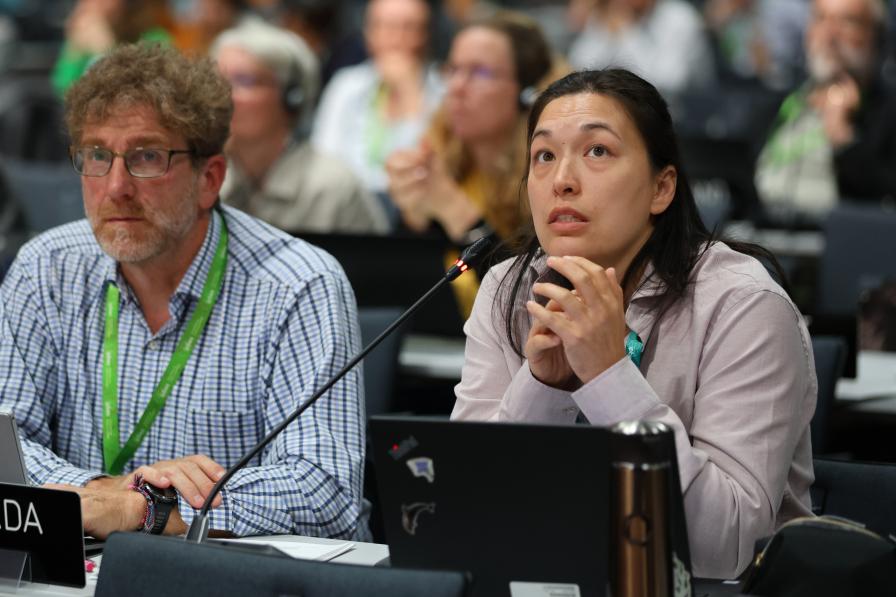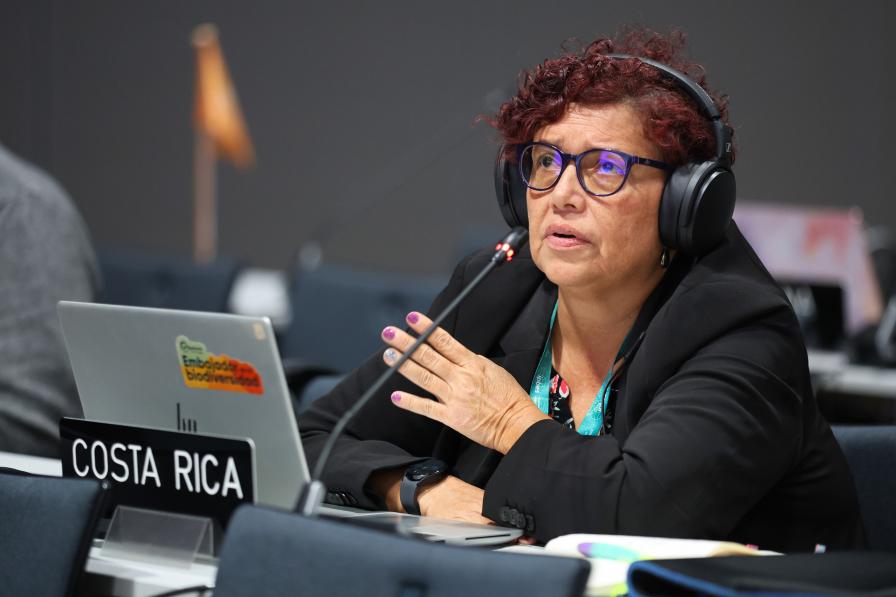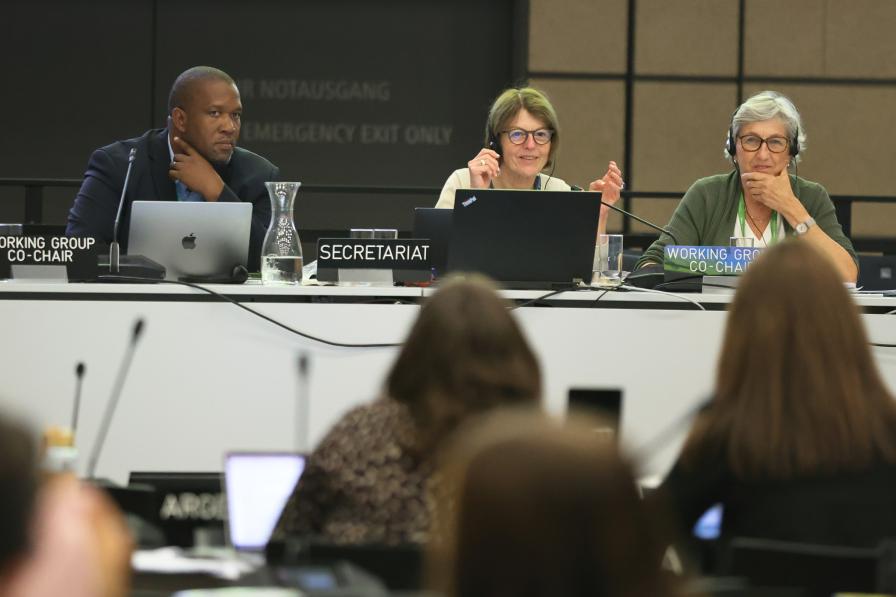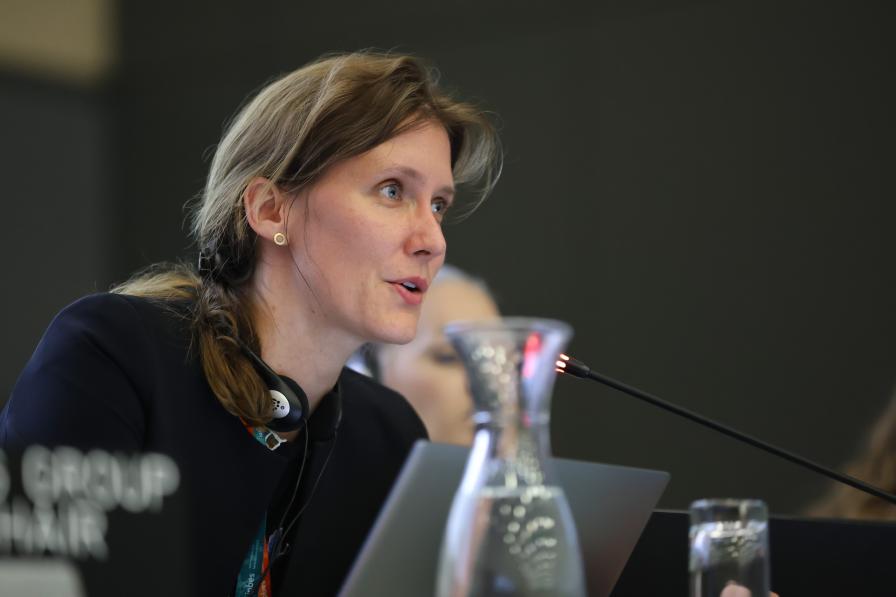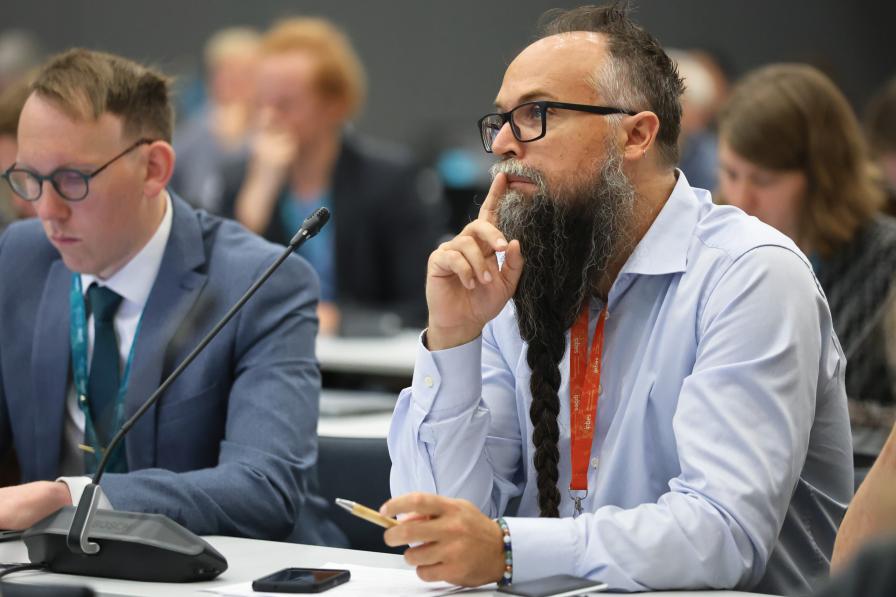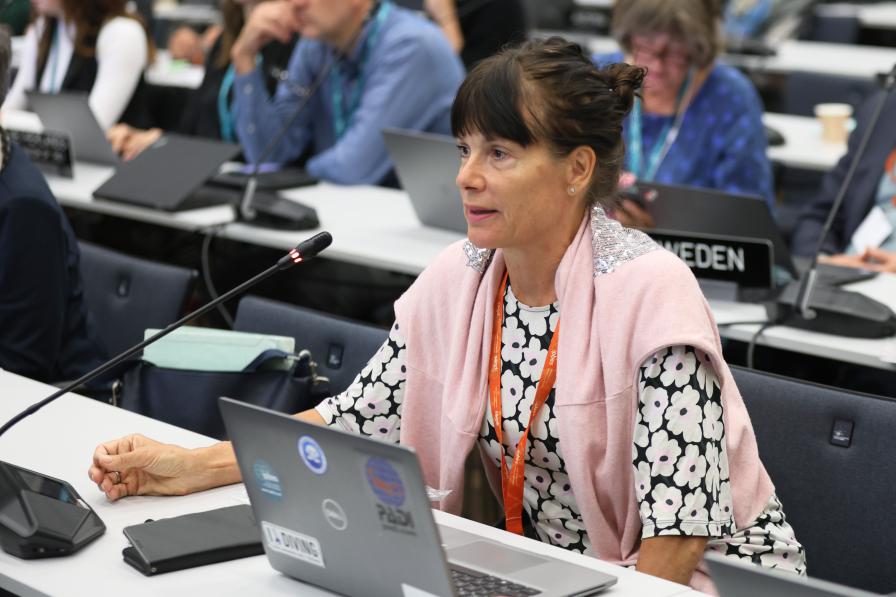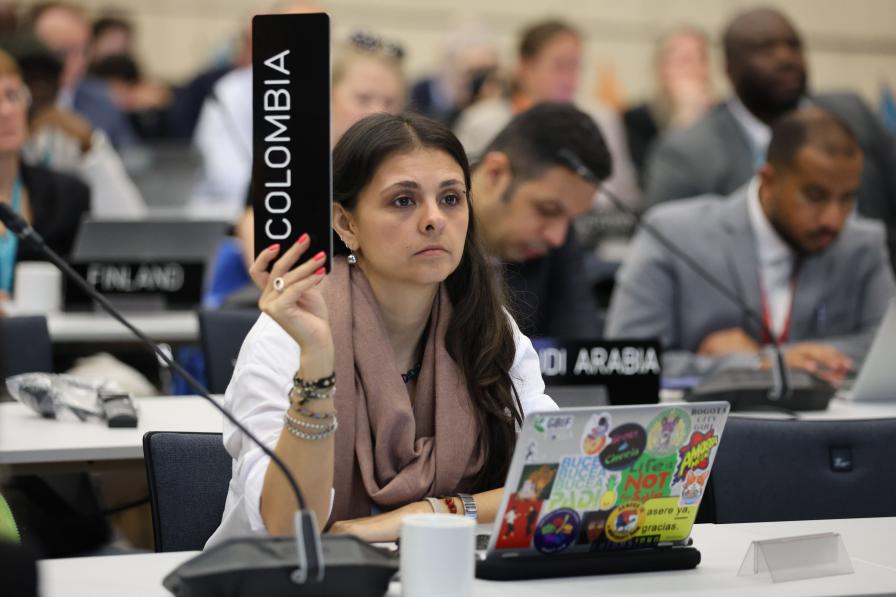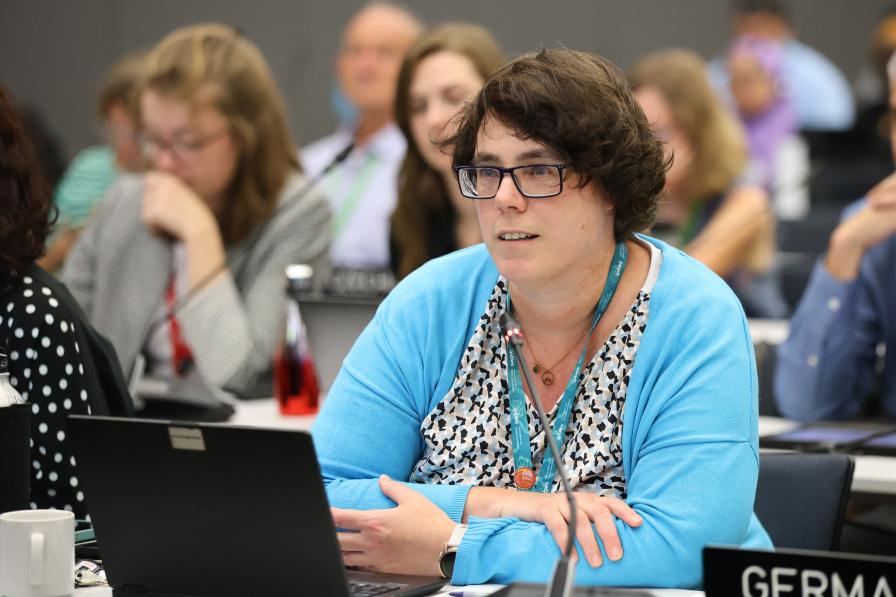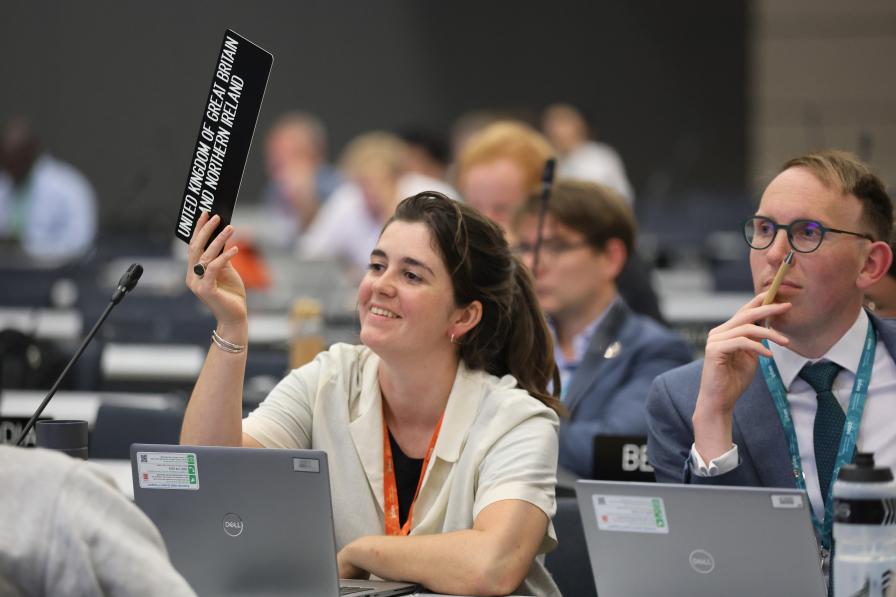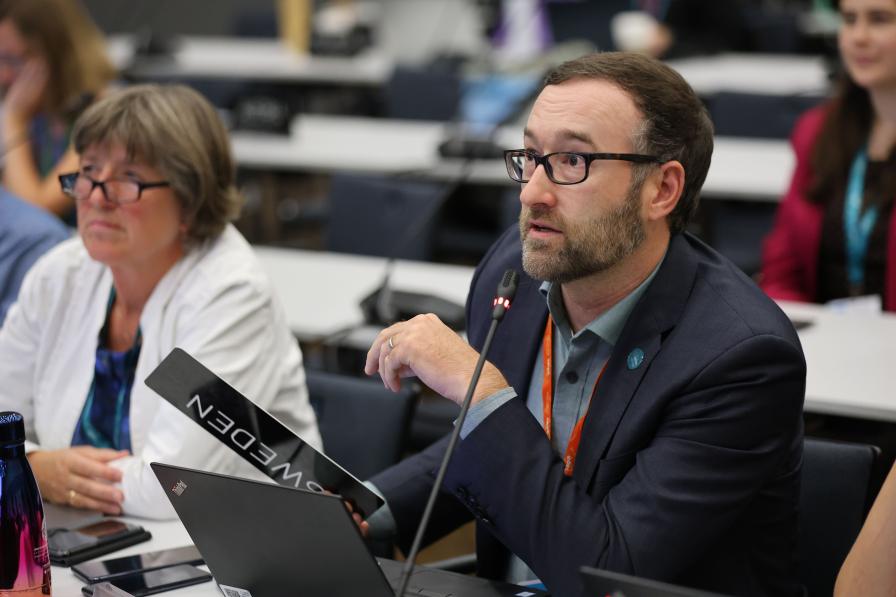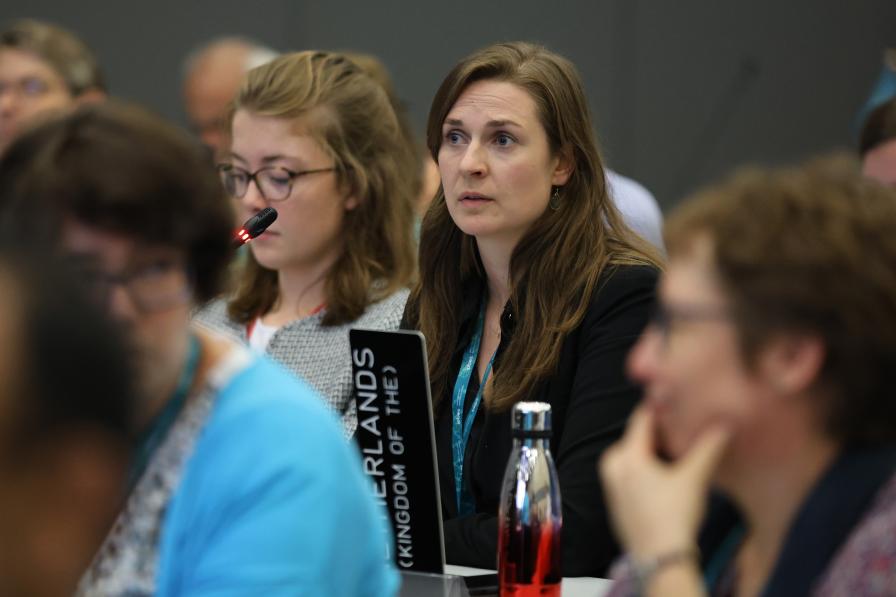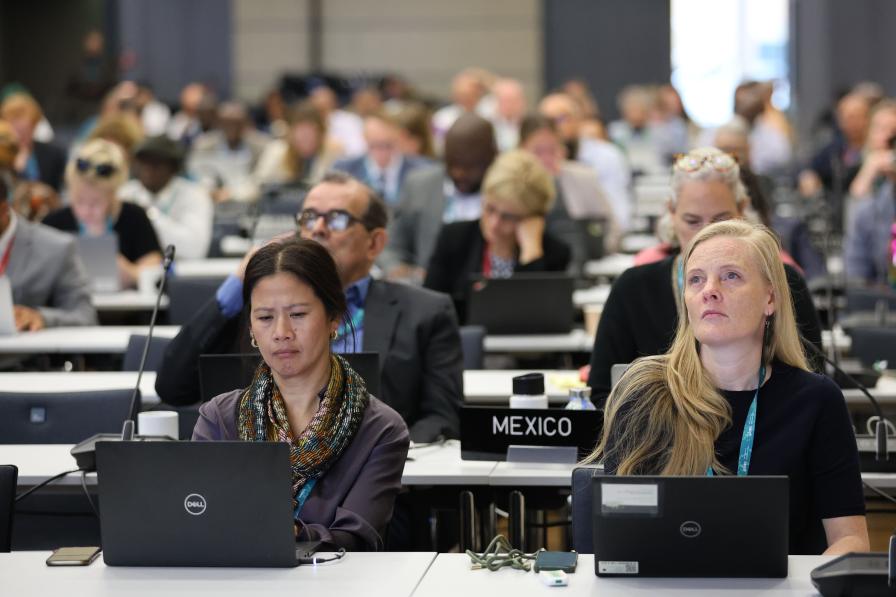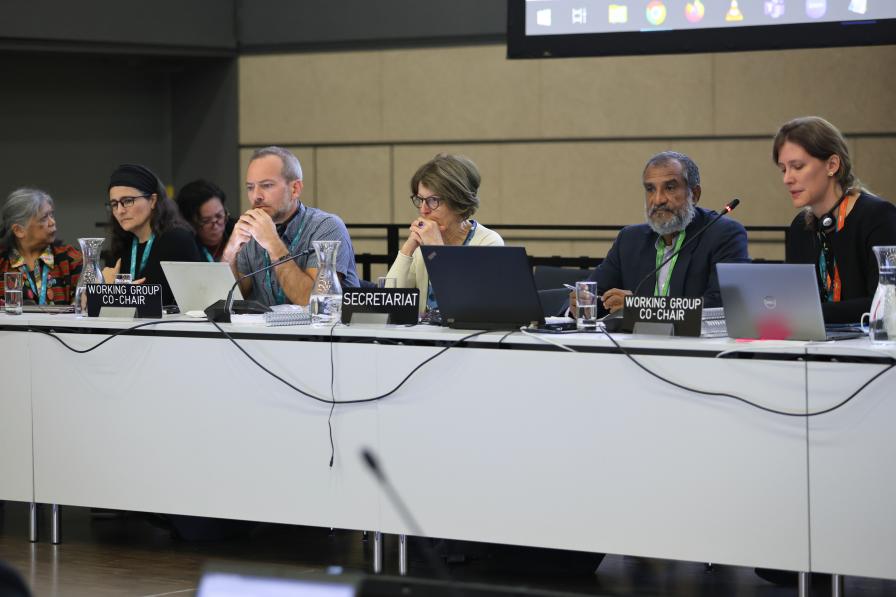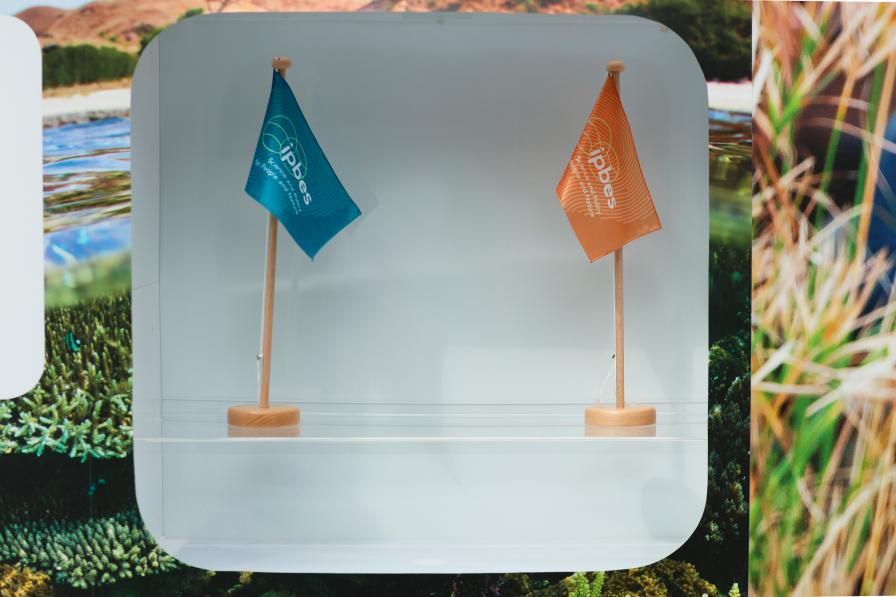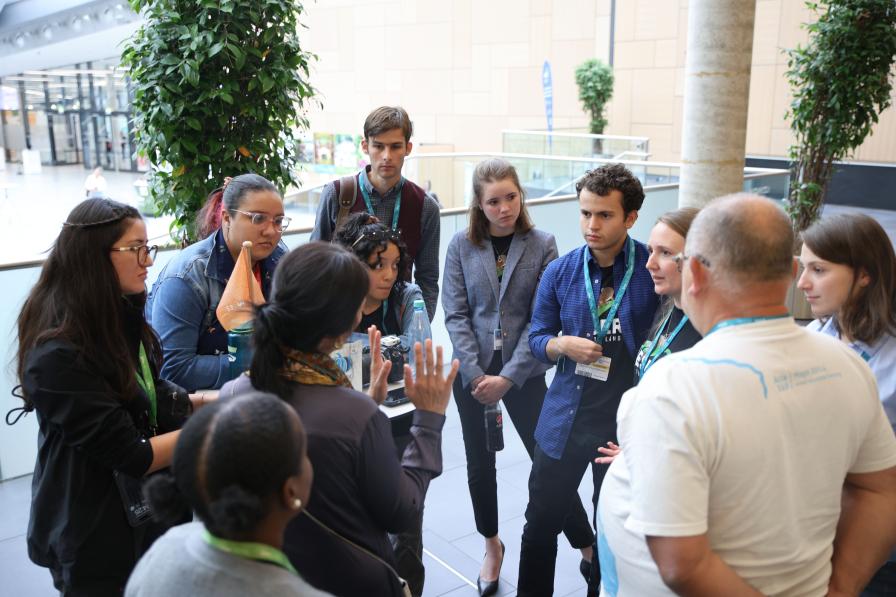The Intergovernmental Science-Policy Platform on Biodiversity and Ecosystem Services (IPBES) was established in 2012. Since then, its membership base has grown steadily. The recent accession of Guinea, Namibia, Palau, and Oman brings the total number of IPBES members to 143. All of them get to engage in decision making at the tenth session of the IPBES Plenary (IPBES 10).
Want to dig deeper into today's talks? Read the full Earth Negotiations Bulletin daily report.
Evidently, it is not an easy task to bring 143 countries in line. While they share the common objective to tackle biodiversity loss, they each face their unique set of circumstances and challenges. Some are landlocked, others have large coastlines. Some are remote, tropical island nations, others are mountainous with broad snow coverage. Countries also differ in characteristics such as their level of development, access to data and technology, regulatory frameworks, and enforcement capacities, among others. And many differ in their worldviews, and knowledge and value systems.
All of these differences inform members’ positions in the negotiations. In Working Group 1, some members were keen to specifically highlight impacts of invasive alien species (IAS) on islands. Others sought to emphasize data gaps in their region.
In Working Group 2, one member pushed for further work on the notion of living in harmony with Mother Earth. They called for preparing a fast-track assessment on this topic, and for further work on Mother Earth-centric scenarios and models in the context of IPBES’ Nature Futures Framework. Such requests are not trivial: mindful of the policy impact of IPBES decisions and products, members are keen to see issues dear to them be spotlighted.
Working Group 1 managed to agree on a number of definitions in the summary for policymakers (SPM) of the IAS assessment, but progress in the consideration of the actual messages was sometimes curtailed by lengthy discussions.
Working Group 2 managed to agree on large parts of the workplans for the intersessional period up to IPBES 11. However, delegates spent an inordinate amount of time discussing exactly which multilateral processes a future methodological assessment on monitoring biodiversity and nature’s contributions to people would support. Delegates advanced various combinations of:
- the Convention on Biological Diversity, possibly specifying its three objectives;
- other multilateral environmental agreements;
- other biodiversity-related conventions;
- the 2030 Agenda for Sustainable Development; and/or
- other relevant processes and efforts.
Both Working Groups convened additional evening sessions.
All ENB photos are free to use with attribution. For IPBES 10, please use: Photo by IISD/ENB | Anastasia Rodopoulou.
To receive free coverage of global environmental events delivered to your inbox, subscribe to the ENB Update newsletter.



